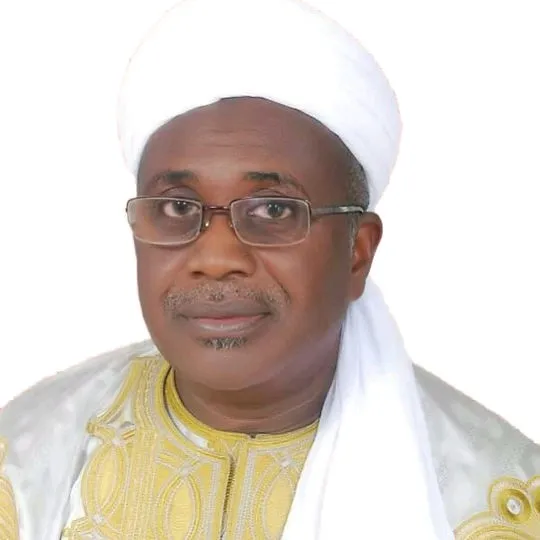The National Hydroelectric Power Producing Areas Development Commission (N-HYPPADEC) has launched a Housing Resettlement Scheme to provide permanent homes for communities displaced by floods across its member states.
The Managing Director of the Commission, Abubakar Sadiq-Yelwa, announced the initiative on Monday during the commemoration of the 2025 World Habitat Day in Lafia, Nasarawa State.
According to him, construction has already begun in Niger State, where more than 150 two-bedroom houses are being built for families who lost their homes to flooding. The project will be extended to other member states in phases.
“The Housing Resettlement Scheme is designed to offer not just homes but hope a foundation for rebuilding lives and strengthening community resilience,” Sadiq-Yelwa said.
He explained that the Commission has also invested heavily in flood mitigation projects, including the construction of drainages and culverts in several states, to prevent the recurring water blockages that displace thousands every year.
Sadiq-Yelwa described this year’s World Habitat Day theme, “Urban Crisis Response,” as timely and thought provoking. He said it underscores the need to strengthen resilience in cities and towns facing the combined pressures of climate change, conflict, and migration.
“In the North Central and parts of the North-West and North-East, climate change and conflict are deeply interconnected,” he said. “Banditry, declining agricultural productivity, and competition over land and water have forced many rural dwellers into urban areas, stretching social and economic infrastructure.”
He called for collective action among government agencies, the private sector, civil society, and traditional institutions to promote affordable housing and better urban planning.
We must empower communities through skills and opportunities so they can become agents of resilience,” he added.
In his keynote address, Senator Salihu Egyegbola defined urban resilience as the ability of cities to withstand and recover from crises such as climate shocks, infrastructure breakdowns, and economic disruptions.
He identified rapid urbanisation, inequality, insecurity, and poor governance as major drivers of urban crises and urged governments to prioritise inclusive planning and disaster preparedness.
Declaring the event open, Nasarawa State Governor Abdullahi Sule, represented by the Commissioner for Works and Transport, Adamu Gosho, commended N-HYPPADEC for hosting the event in Lafia. He urged agencies to act on the summit’s recommendations, noting that housing and security are key to sustainable urban development.
Earlier, N-HYPPADEC’s Director of Engineering and Technical Services, Ipilakyaa Daniel, stressed the importance of disaster-resilient designs, renewable energy integration, and participatory urban planning to safeguard the future of vulnerable communities.




